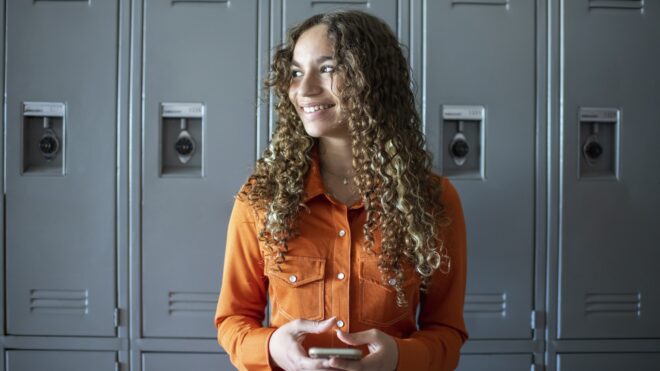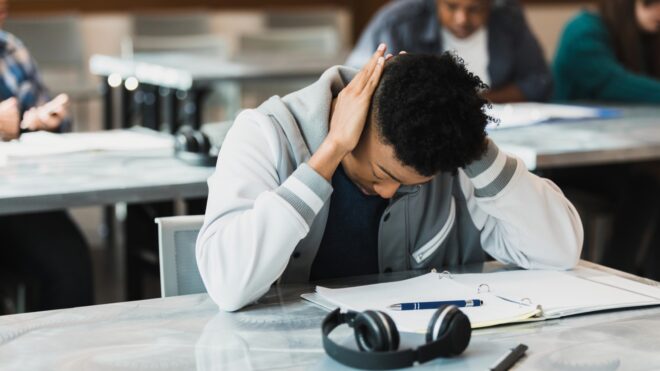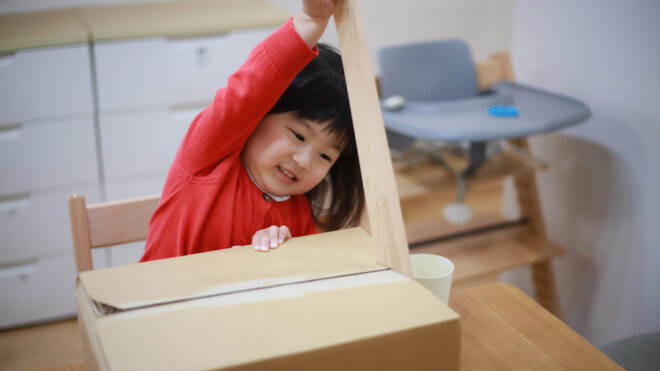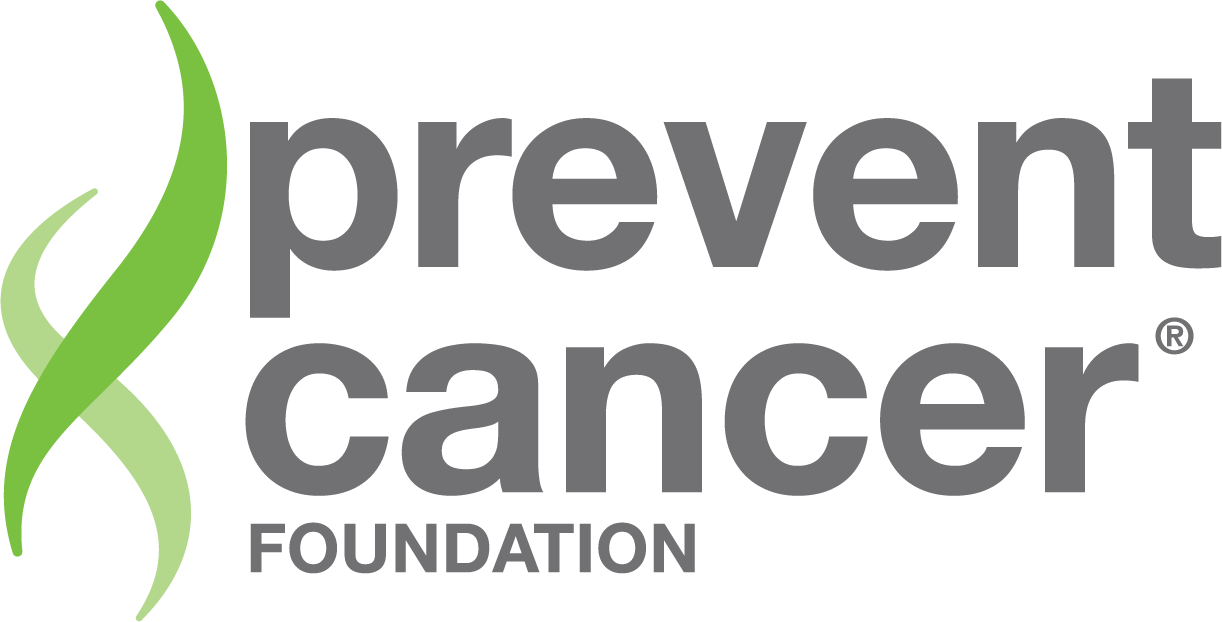
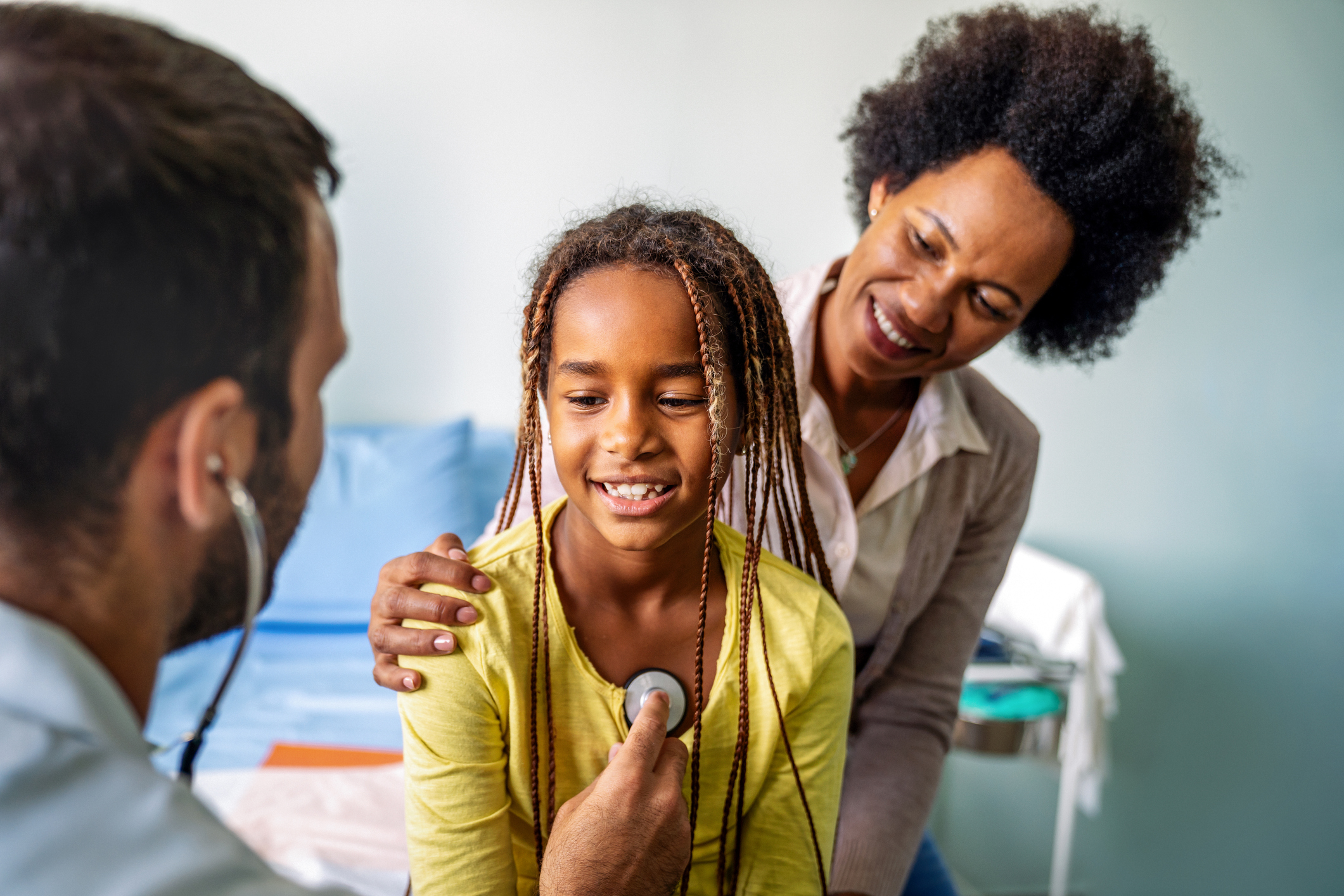
When our kids are little, we take a lot of care to make sure they’re healthy—we bring them to their doctor’s appointments, we monitor everything they eat, we put sunscreen on them when they go outside, and more. As our kids get older and more self-sufficient, though, a lot of us become a little more hands-off. Of course, giving our tweens and teens their independence is incredibly important for their self-development, but there are a few things we should stay actively involved in — like their health care! Here are some ways parents of adolescents can help kids keep up with their preventive health care:
Schedule doctor’s appointments.

Tweens and teens should be going to the doctor for yearly checkups (a great time to do this is at the end of summer right before the school year starts). Don’t forget to make other routine health care appointments as well, like dentist appointments, orthodontist appointments, and any other appointments with necessary specialists (this may include dermatologists, physical therapists, optometrists, and allergists).
Stay up to date on vaccinations.
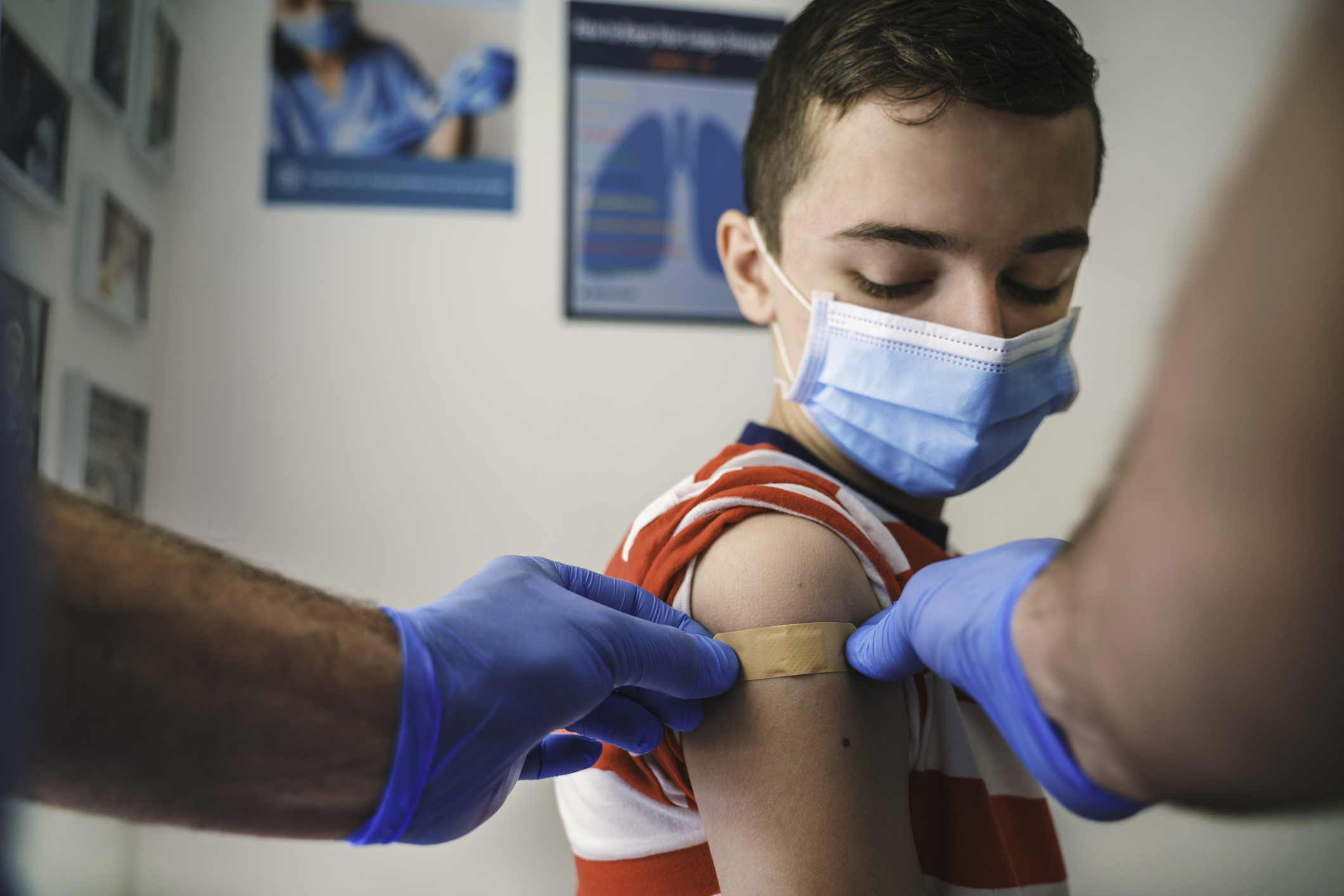
Vaccines are incredibly important for preventing serious illness, and most parents know that kids receive many of their vaccinations within the first few years of life. But when kids reach adolescence, there are a few other vaccines they need to get, like the human papillomavirus (HPV) vaccine, which protects against certain strains of HPV. HPV causes most cases of cervical cancer and at least five other types of cancer (some of which affect males) — making sure adolescents are vaccinated is an easy way to protect them from cancer. The HPV vaccine is for girls and boys, and they should get it at 11 or 12 — years old. If your kids missed that window, they can still get caught up the vaccine is recommended up to age 26. As parents, we want to protect our kids from any and all health issues, especially serious diseases like cancer; getting your child vaccinated against HPV protects them from cancer and could ultimately save their life.
Prepare nutritious meals.
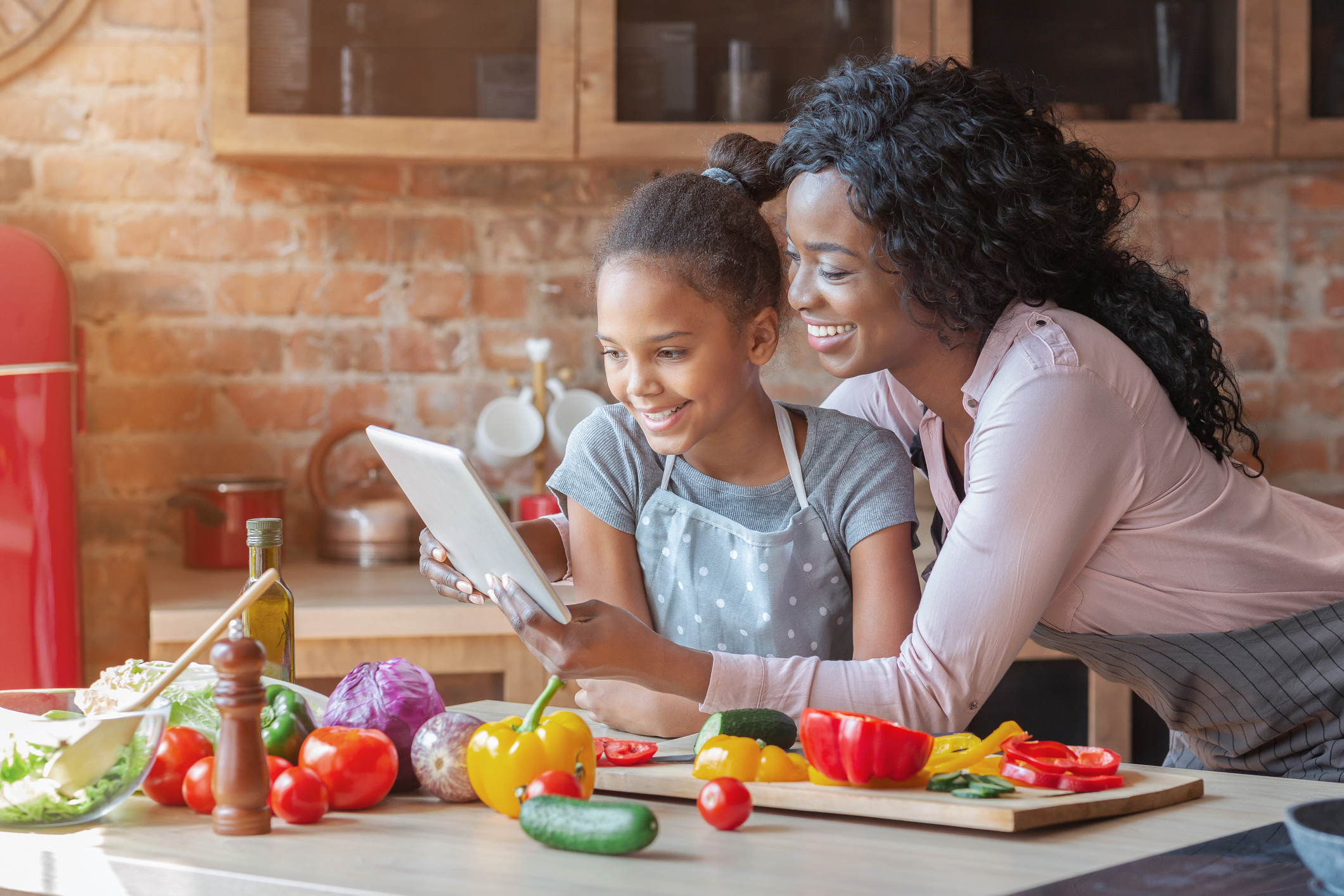
Even though your tween or teen is probably well-equipped at making themselves snacks, chances are you’re still doing most of the grocery shopping and cooking dinner. Try to create nutritious, balanced meals for the whole family. This is also a great age to get your kids involved with cooking!
Pay attention to what goes in and on their bodies.
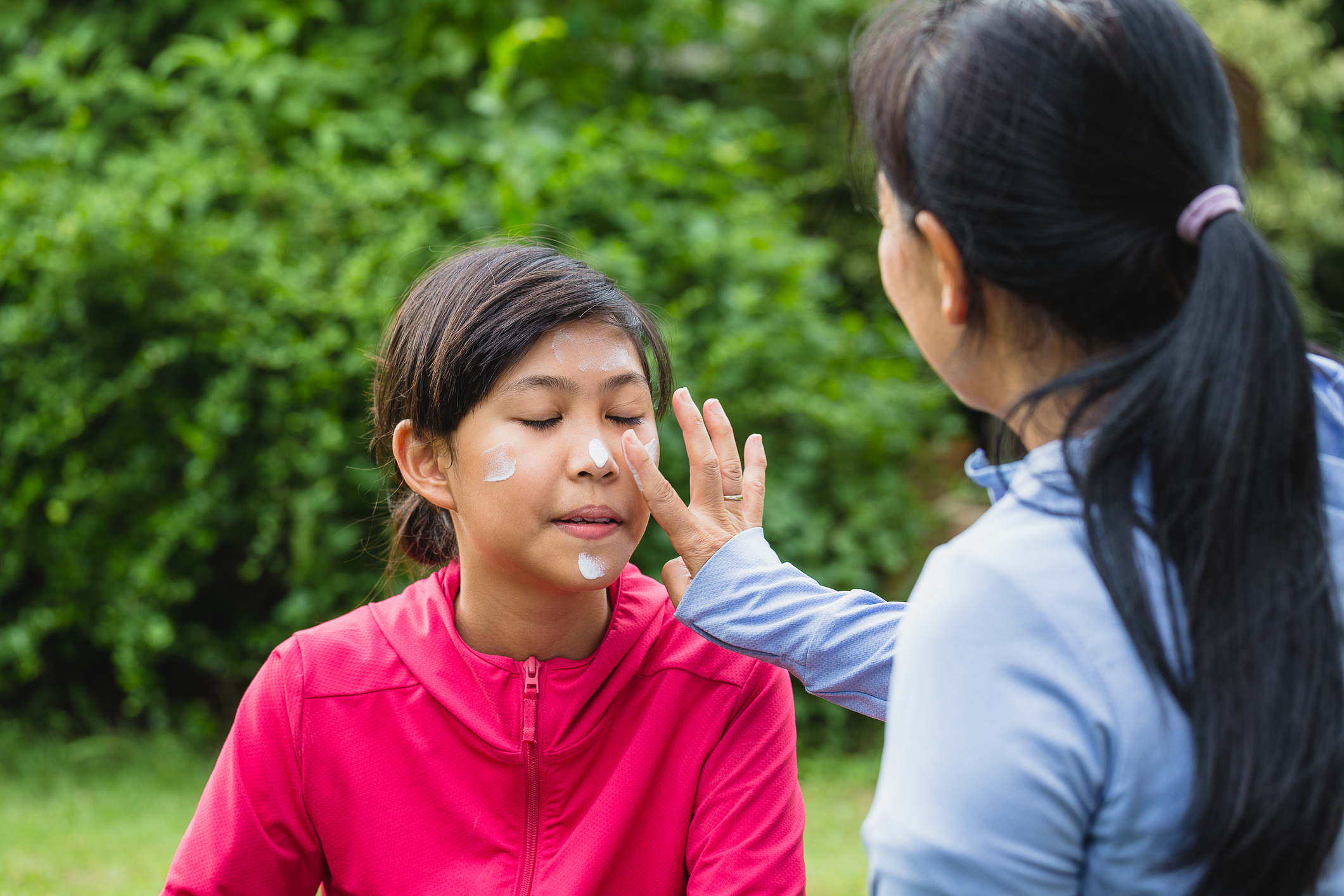
A lot changes when kids hit adolescence — their hormones change, their metabolisms may change, and their consumption habits may change. Parents can help instill healthy habits, not just with food, but with other substances as well. (Remind kids not to vape, smoke cigarettes, or drink alcohol.) This is also a great time to teach tweens and teens how to care for their skin, from cleansing and moisturizing to wearing sunscreen every day to protect against skin cancer.
Find ways to be active as a family.

Staying active can benefit both your physical and mental health, so try to partake in family activities that keep you all active. Go for a hike in the woods, play tennis together at a local park, go to a yoga class, or just toss a ball around in the backyard. This can also be a great way to bond as a family!
Talk about mental health.
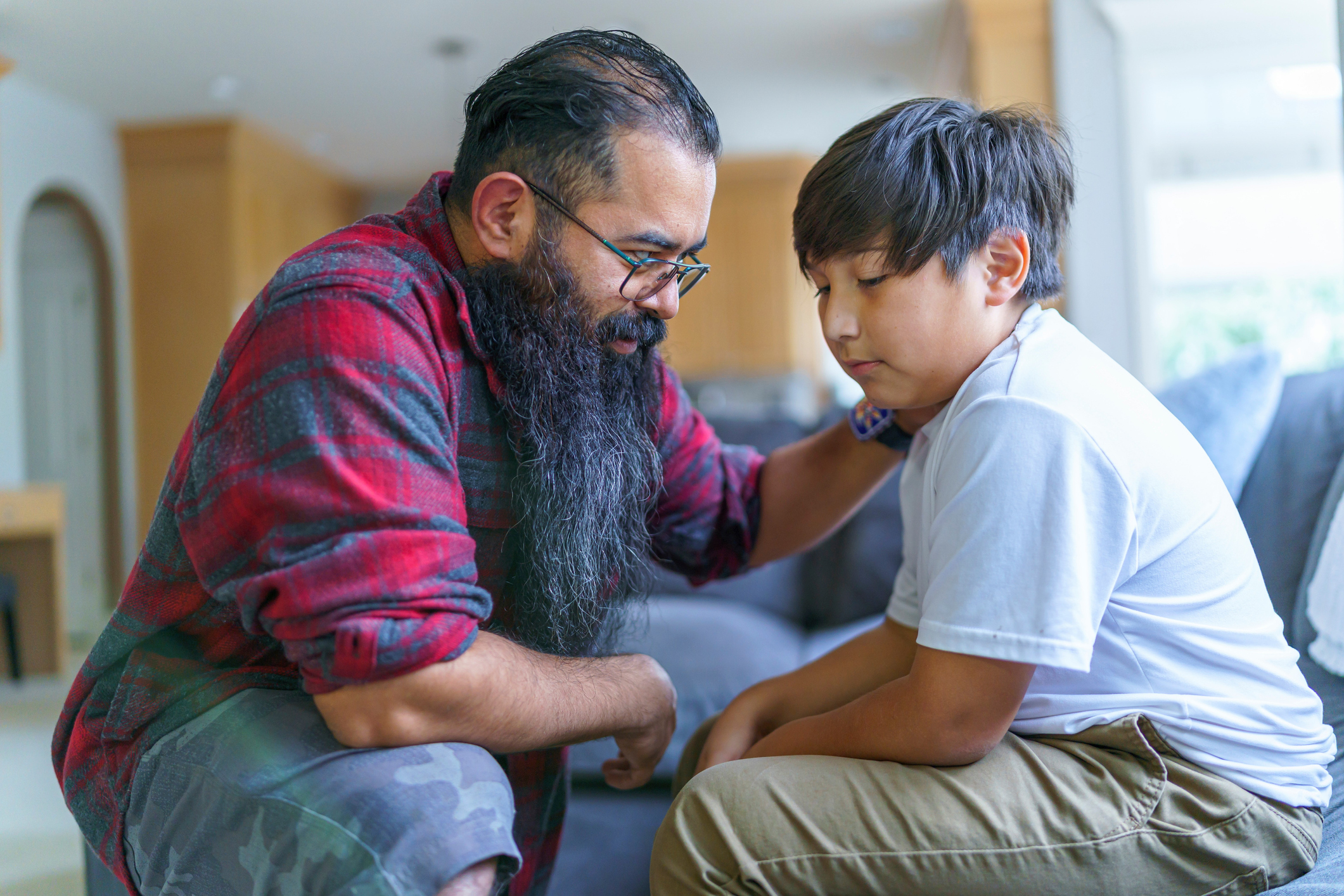
According to the CDC, “The number of adolescents reporting poor mental health is increasing,” so it’s more important than ever that we take their mental health concerns seriously. Familiarize yourself with the signs of anxiety and depression, and don’t be afraid to seek professional help if you need it.
